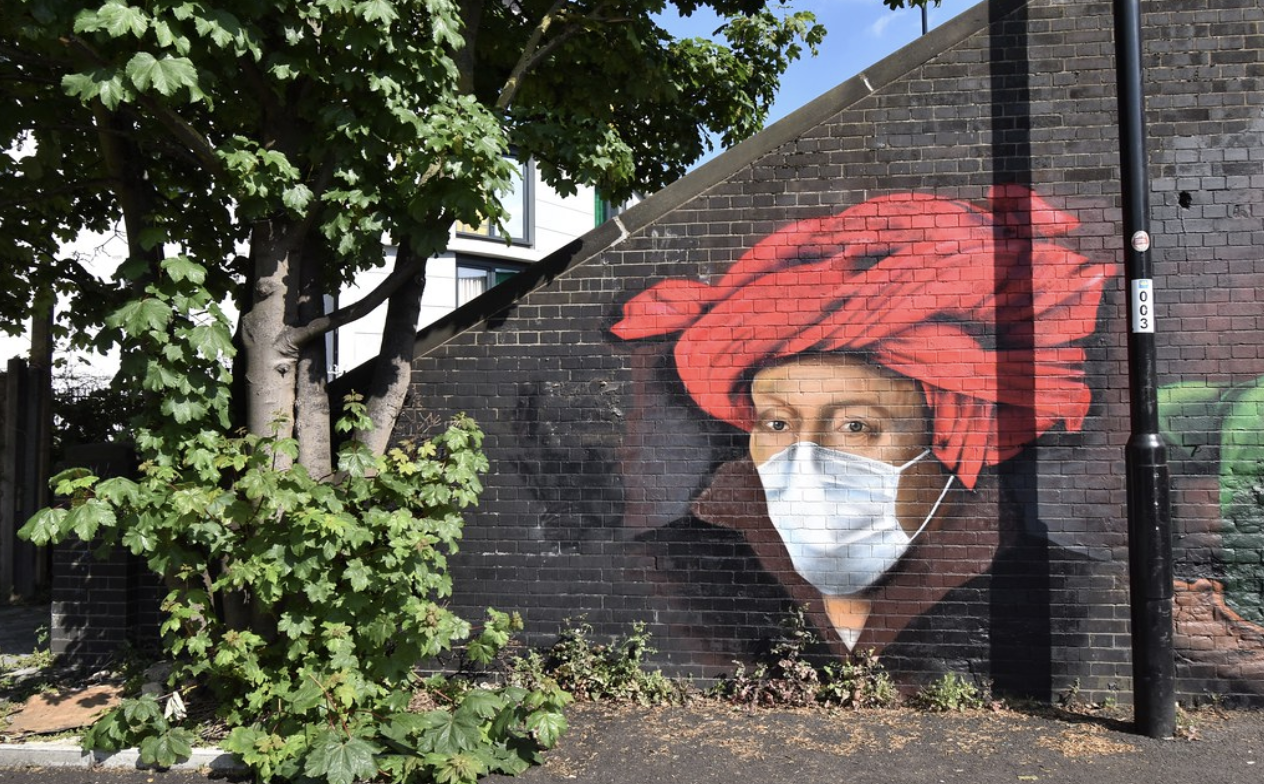Into the Third Year: The UK's Covid Roundup

Jasmine Gadhavi, MA Comparative Literature
On 4 January 2022, the UK reached a record number of 218,724 positive cases of Covid-19. Four days later, it surpassed 150,000 covid-related deaths.
As the Omicron variant surges through Britain, the Government has been adamant in underpinning that the country should continue with daily life.
In light of the news on the UK’s record Covid-19 death toll, Prime Minister Boris Johnson stated that ‘Our way out of this pandemic is for everyone to get their booster or their first or second jab if they haven’t yet.’
The Government’s decision to accelerate the rolling out of booster vaccinations – which have reached more than 60% of the population – may have prevented a return to the lockdown measures seen in the earlier phases of the pandemic.
Although Covid-19 cases and hospitalisations are dropping – particularly in areas where there is a strong uptake of the vaccine – UK daily cases are likely to have been influenced by the reduced requirement for people to take PCR tests.
Nevertheless, Downing Street is cautiously optimistic that the booster program is ‘offering massive protection to the public.’ The Prime Minister’s official spokesperson has said that ‘in terms of the data, there are some encouraging signs that infections are falling across the country,’ adding that there were also some signs of falls ‘or at least plateauing’ in admissions and occupancy in hospitals.
“the sustained pressure on the NHS is a cause for concern.”
However, it remains the case that the NHS is under significant pressure, with over 160,000 Covid-19 patients in the hospital in England alone. Chronically underfunded and notoriously understaffed, the sustained pressure on the NHS is a cause for concern.
To help staff shortages, the quarantine period has been reduced to a minimum of five full days, provided that people
produce a negative lateral flow test on days five and six of their isolation.
Health Secretary Sajid Javid said that reducing isolation to five days would ‘reduce the pressure on essential public services over the winter,’ as data from the UK Health Security Agency showed two-thirds of positive cases were no longer infectious by day five. Despite this, as the restrictions imposed on the public are relaxed, increasing pressure is mounting on the British Prime Minister.
Emails leaked from the PM’s private secretary revealed that Boris Johnson joined No. 10 staff for a party in Downing Street during the first lockdown in May 2020 when rules at the time allowed only two people from different households to meet outside, at a distance of 2 metres.
The Prime Minister’s apology has conjured significant discontent among the population, with pressure mounting for a resignation.
Photo Caption: Ladywell street art London (Credit: Loco Steve via Creative Commons).



